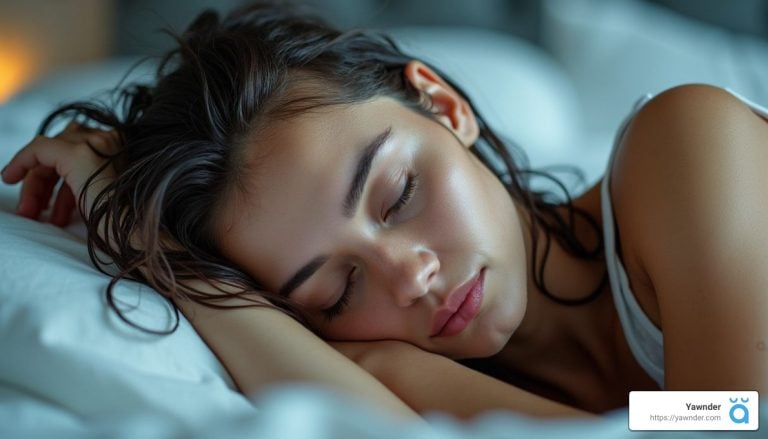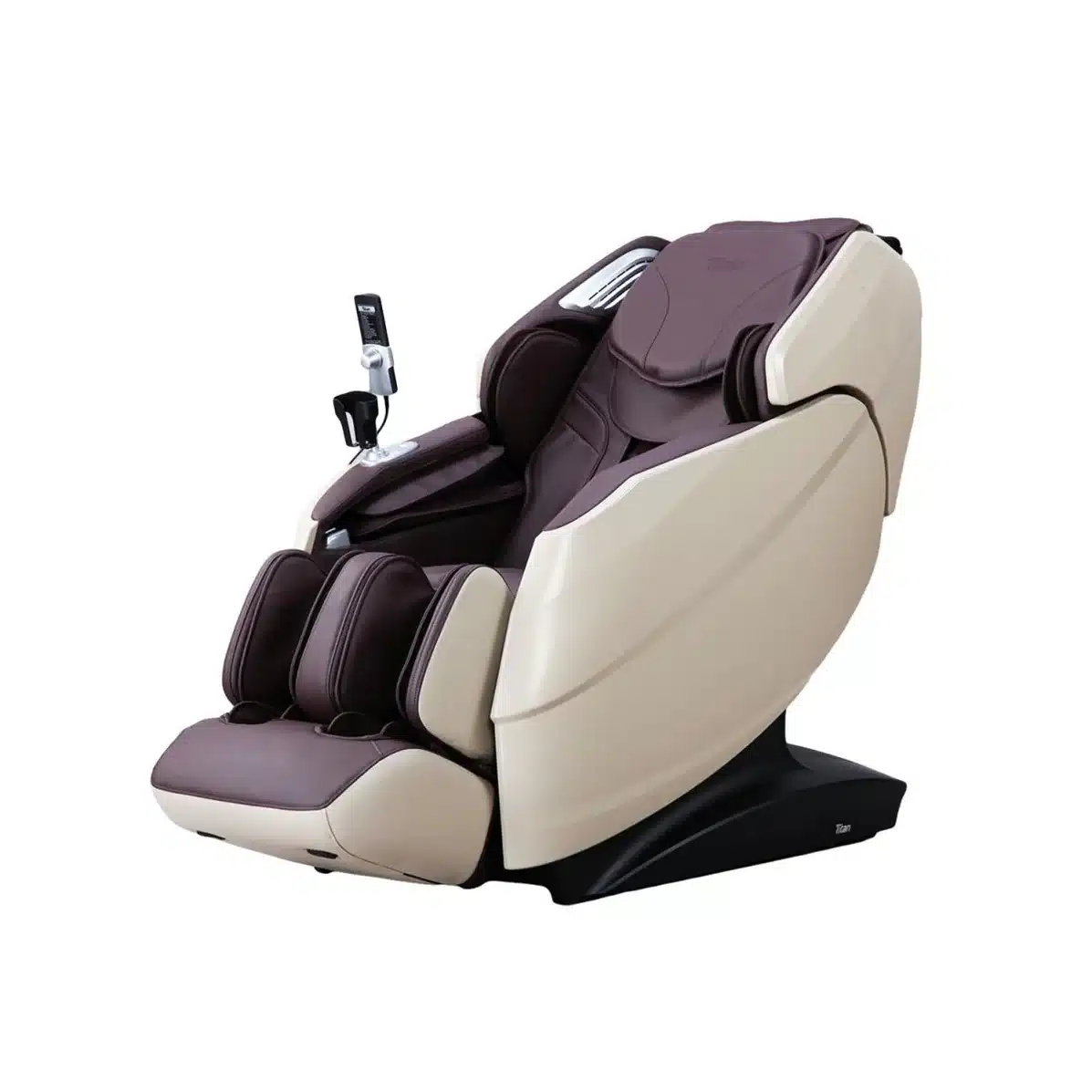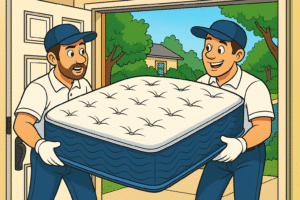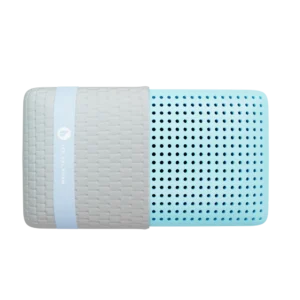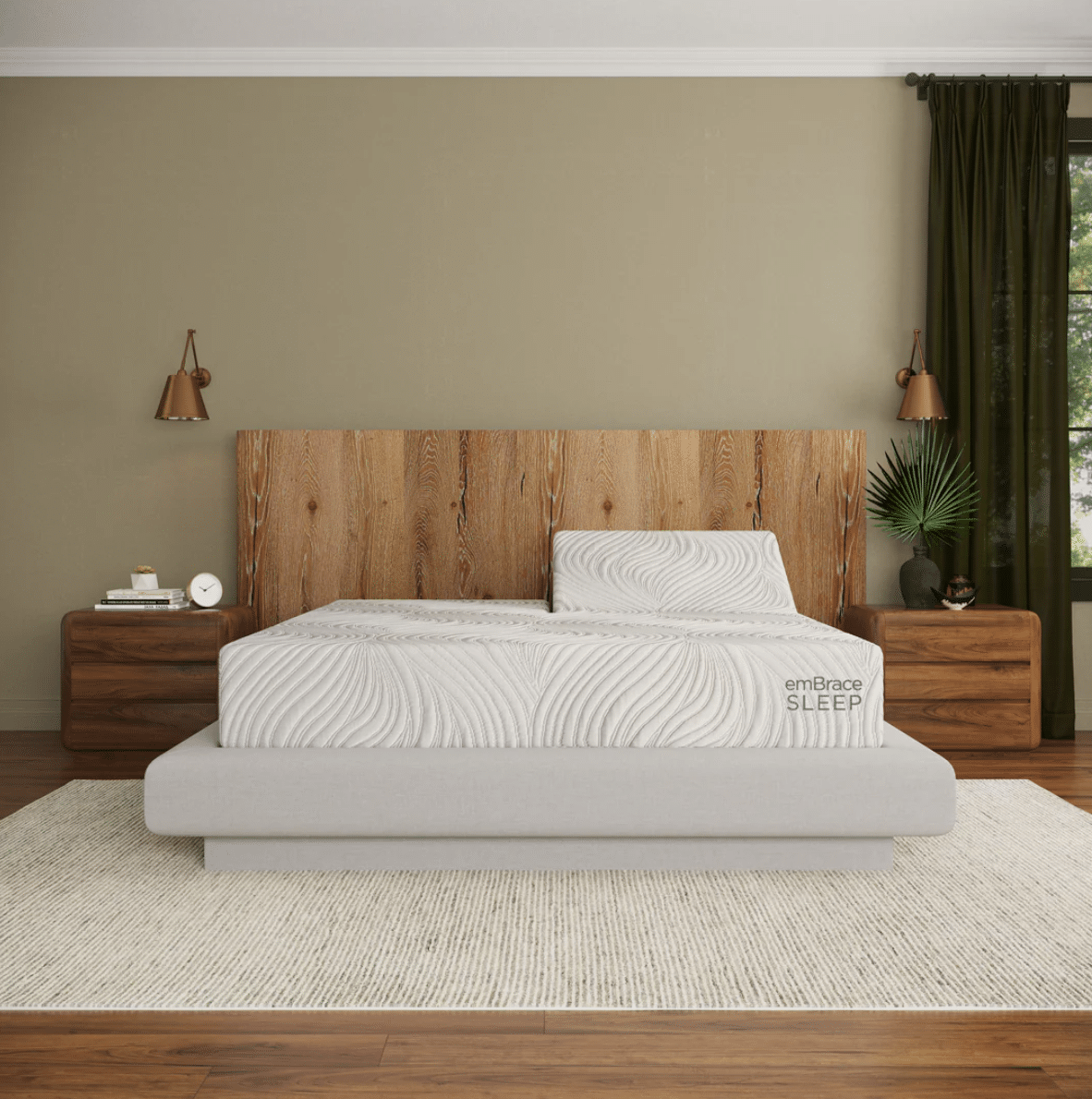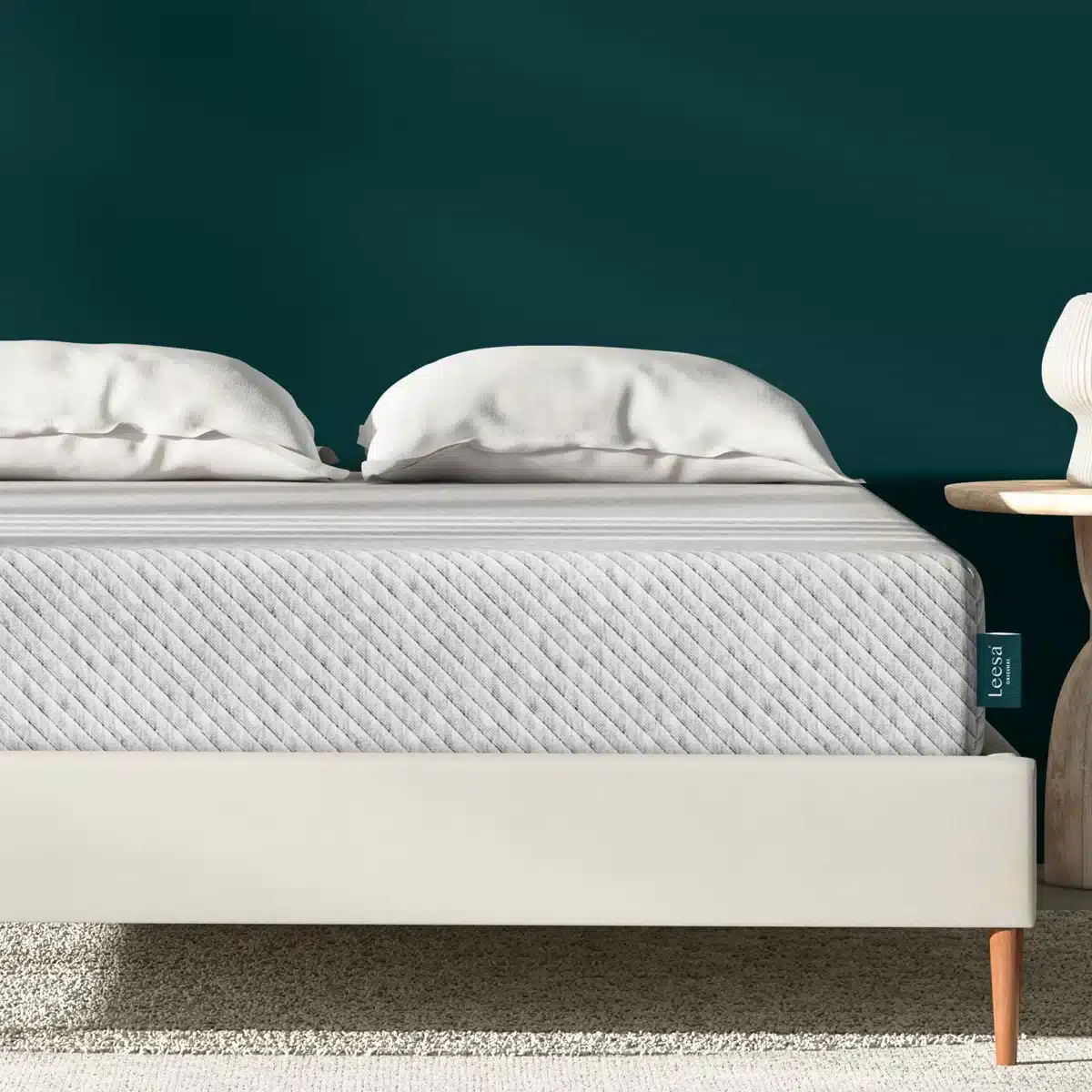The Ultimate Guide to Understanding the Effects of Sleeping with Wet Hair
Is it bad to sleep with wet hair? This question frequently arises, particularly among those who enjoy evening showers. To put it simply: yes, sleeping with wet hair can have negative consequences for both your hair and scalp health. In this guide, we will delve into the reasons behind these issues, explore potential benefits, and offer expert advice on how to mitigate risks.
Why Sleeping with Wet Hair Can Be Problematic
Hair Breakage and Fragility
One of the primary concerns regarding wet hair is its fragility. Wet hair is significantly more delicate than dry hair; as certified trichologist Bridgette Hill explains, “Wet hair fibers can only endure so much manipulation.” The friction between your hair and pillow can create fissures on the hair shaft, leading to breakage. Dr. Hadley King, a board-certified dermatologist, warns that moisture disrupts the hydrogen bonds in hair strands, increasing elasticity and vulnerability, particularly in straight or wavy hair.
Potential Scalp Issues
Another risk associated with sleeping with wet hair is the impact on your scalp’s microbiome. Hill notes that the excess moisture can combine with sweat, sebum, and product residue, creating an environment conducive to unhealthy scalp conditions. This can impede hair follicle health and lead to issues such as dandruff or irritation.
Fungal Infections
A damp pillow allows bacteria and fungi to flourish, which can result in scalp acne and other infections, including folliculitis and seborrheic dermatitis. Dr. King also warns that moist bedding can harbor mold, exacerbating scalp conditions like psoriasis and eczema.
Hygral Fatigue Explained
Hygral fatigue describes the cycle of moisture absorption and loss that weakens hair over time. The repeated swelling and contracting of hair cuticles due to moisture can leave your hair more susceptible to breakage. Dr. Alexis Stephens emphasizes that excessive conditioning and frequently sleeping with wet hair can lead to long-term damage.
Possible Benefits of Sleeping with Wet Hair
Despite the risks, some individuals may find potential advantages to sleeping with damp hair:
Moisture Retention
For individuals with dry or curly hair, sleeping with damp hair can help lock in moisture. Using leave-in conditioners or oils, like coconut or argan oil, can further enhance this benefit.
Reduced Frizz
For those with curly or coily hair, the increased elasticity of wet hair can help them maintain their shape, reducing frizz and lowering the need for heat styling in the morning.
Natural, Heat-Free Styling
Sleeping with wet hair allows you to wake up with waves. Loose braids or twists can create natural curls without the damage associated with heat tools.
Experts like Dr. Stephens and Hill agree, however, that these benefits generally do not outweigh the risks. If you choose to sleep with wet hair, consider implementing protective strategies to minimize damage.
Myths and Misconceptions About Sleeping with Wet Hair
Myth: Sleeping with Wet Hair Causes Colds
A widespread myth suggests that sleeping with wet hair can lead to colds. This belief is unfounded; colds are caused by viruses, not by simply having wet hair. The Centers for Disease Control and Prevention (CDC) confirms that rhinoviruses, which cause colds, spread via airborne droplets or contaminated surfaces. Feeling chilly due to wet hair might be uncomfortable, but it does not induce illness.
Myth: Sleeping with Wet Hair Causes Blindness
Another baseless myth claims that sleeping with wet hair can cause blindness. Dermatologist Dr. Lauren Penzi assures that there is no physiological link between wet hair and visual impairment.
Myth: Wet Hair Leads to Scalp Infections
While this myth is partly grounded in truth, it’s essential to clarify that while sleeping with wet hair can contribute to scalp issues, it doesn’t guarantee infection. As Dr. King points out, the damp environment can promote fungal overgrowth, which can cause conditions like folliculitis.
Tips to Mitigate Damage from Sleeping with Wet Hair
If you find yourself sleeping with wet hair occasionally, here are expert strategies to minimize potential damage:
1. Use a Microfiber Towel: Towel drying your hair with a microfiber towel can remove excess moisture while being gentler on your strands, reducing friction and breakage.
2. Opt for Loose Hairstyles: Loose braids or buns are optimal for protecting your hair while you sleep. Tight hairstyles can put stress on hair roots, leading to breakage.
3. Sleep on Silk or Satin Pillowcases: These materials reduce friction compared to cotton, helping to minimize damage and retain moisture in your hair, while also benefiting your skin.
4. Partially Dry Your Hair: If you have time, take a few minutes to dry your hair before bed. Aim for at least 75% dryness to protect both hair and scalp health.
5. Hygiene Matters: Regularly wash your pillowcases and linens to prevent buildup and maintain a healthy sleeping environment.
Frequently Asked Questions About Sleeping with Wet Hair
Is It OK to Leave Hair Wet Overnight?
While not strictly forbidden, leaving hair wet overnight is not advisable. Dr. Penzi advises that it can lead to an environment conducive to fungal growth and scalp issues. If you must, follow protective measures.
What Happens If You Accidentally Sleep with Wet Hair?
Waking up with wet hair can result in frizz, tangles, and possible scalp irritation caused by dampness. If this happens frequently, consider adjusting your routine to allow for better hair drying time.
Are There Benefits to Sleeping with Wet Hair?
For some hair types, like curly hair, sleeping with damp hair might assist in moisture retention and styling. However, the risks generally outweigh the benefits.
Conclusion
In summary, sleeping with wet hair is generally discouraged due to its detrimental effects on hair and scalp health. Risks include hair breakage, scalp infections, and frizz. Yet life is unpredictable, and you might find yourself with damp hair at bedtime.
To protect your hair, prioritize drying it as much as possible, consider using a microfiber towel, and opt for protective hairstyles. By taking proactive steps, you can enjoy the occasional late-night shower without compromising your hair’s integrity.
At Yawnder, we prioritize your overall health, which includes hair and sleep quality. For personalized advice and further insights, visit our Sleep Study page. Remember to take care of your hair and ensure you enjoy restful nights!


